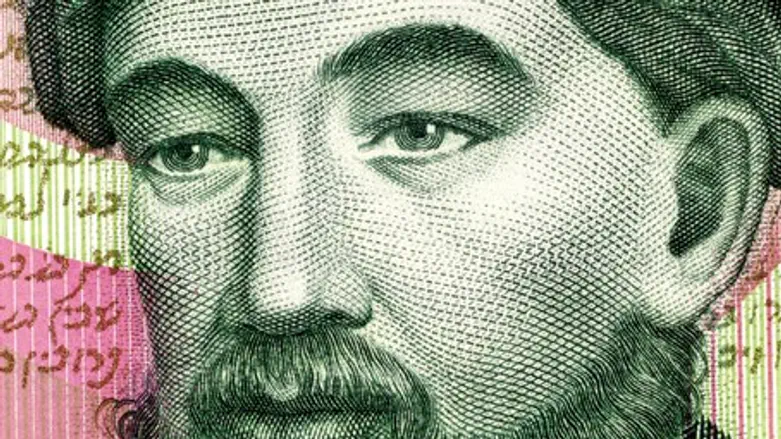
Maimonides: One of the greatest Halakhic jurists of all time, and one of the most important philosophers of the Middle Ages; a scientist, physician, and leader of Egyptian Jewry; recognized as one of the few most influential and revered thinkers in Jewish history. "From Moses [of the Bible] to Moses [Maimonides], there was no one like Moses," it was said.
Despite, or because of, his greatness, rumors have cropped up that he actually converted to Islam. The known facts are these: Under the Almohad Islamic conquest of Cordoba, Spain, in 1148, the Jewish community was faced with a stark choice: Conversion to Islam, exile, or death. Most Jews of the time, including Maimonides' family, chose exile, and in fact he spent the next ten years on the run in southern Spain, eventually settling in the city of Fes in Morocco. One report, however – which is now impossible to refute or confirm – has it that the Rambam feigned a conversion to Islam before escaping.
Even according to this story, it must be noted, an Islamic court ruled in his case that a forced conversion of this type was religiously invalid.
The latest to bring up the claim of the Rambam's "conversion" was Israel Radio political affairs correspondent Yoel Krakovsky. One of his radio interviewees last week was Temple Mount activist Arnon Segal, who mentioned that the Rambam had visited the Temple Mount. Krakovsky fired back that the Rambam had converted, and then, without bringing proof, advised Segal to "go learn history."
In fact, even Prof. Menachem Ben-Sasson of Hebrew University, counted among the disseminators of the conversion claim, says that Maimonides only "feigned conversion."
Some say that the entire basis for the claim is only the fact of his sympathy for those who were forced to feign conversion. His Epistle to Yemen, in fact, is almost totally a letter of encouragement to those Jews, replete with Halakhic sources proving that they were still considered totally Jewish.
Many scholars have rejected outright the claims of Maimonides' "conversion," including his biographer Herbert A. Davidson. Most notably, though it is known that the Rambam had many Jewish detractors in his day, not one of them ever raised this accusation against him.
Interestingly, Maimonides himself ruled that while Christianity (especially, or possibly only, the belief in a divine trinity) is heresy, Islam is not a pagan religion. He did, however, describe Mohammed in his Epistle to Yemen, without citing him by name, as "a crazy one" who tried to "change our religion." He accuses Islam of having falsified our Torah, while noting that Christianity believes in the Divine origin of the Torah. He was especially critical of the depravity of Islam's perceived afterlife, and forbade studying Torah with Muslims.
Furthermore: The Rambam himself wrote that merely to recite the Shahada (the Islamic profession of faith) is permitted if one's life is threatened - even though it is well-known that to worship idols or the like is forbidden under such circumstances (for, as mentioned, Islam is not paganism or heresy).